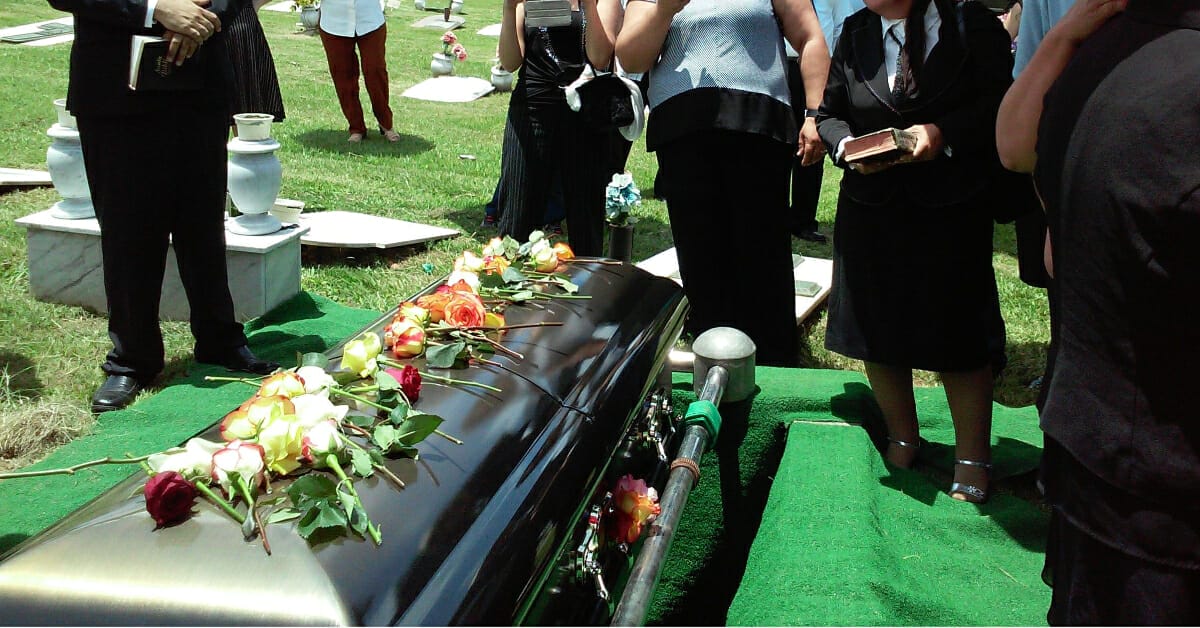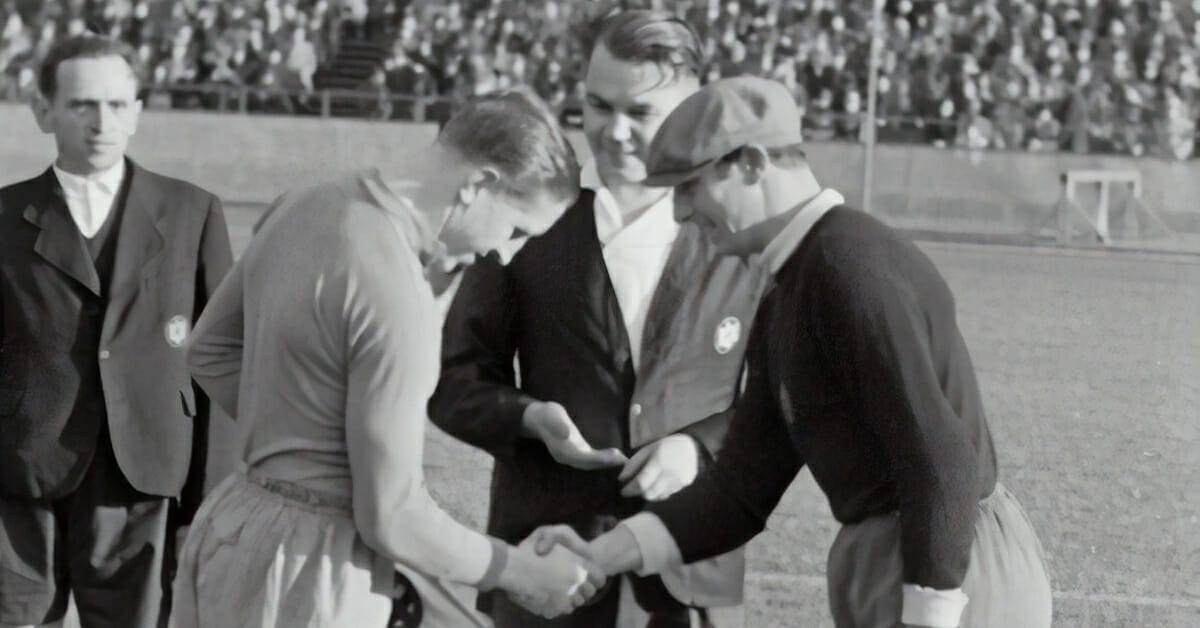Have you ever known someone who seemed to live a charmed life? They’re in the right place at the right time. They get all the right breaks. Everything they touch turns to gold.
Those outside of Israel probably felt David lived a charmed life because everything he touched seemed to work out so well.
How did he do it? 2 Samuel chapter 5 shows us three keys to David’s success. David…
- Asked for directions.
- Followed instructions.
- Gave credit where credit was due.
ASKING FOR DIRECTIONS
David was seasoned by years of experience. He had paid his dues and he knew how to get things done. Still, he continued to ask God for direction and permission, rather than launching out on his own initiative. (2 Sam. 5:19,23.)
FOLLOWING INSTRUCTIONS
David not only asked God for direction. He also followed God’s instructions. (2 Sam. 5:20,25)
Unlike David, some people never get where they want to go, because they don’t ask for directions. Others fail to get where they want to go because they don’t follow the directions they were given. But this was not David.
GIVING CREDIT WHERE CREDIT IS DUE
David could have easily taken credit for all his accomplishments. But he refused to believe his own press. Instead, he gave credit to God…where it was due. (2 Sam. 5:12,20) David knew his success was not because of him or for him. He realized God was blessing him for the sake of God’s people. (2 Sam. 5:12)
A WORD OF WARNING…
Don’t assume that asking God for directions, following God’s instructions, and giving God credit will assure you of a “charmed life.” Remember, David spent years running from a homicidal king, and Jesus was wrongfully accused, tried, and crucified.
These three keys are not a magic formula for a “charmed life.” But they will make your life stronger, wiser, and more fruitful.
So, today…try asking God for direction, following His instruction, and giving Him the credit He’s due. You will be surprised at the difference it makes.





